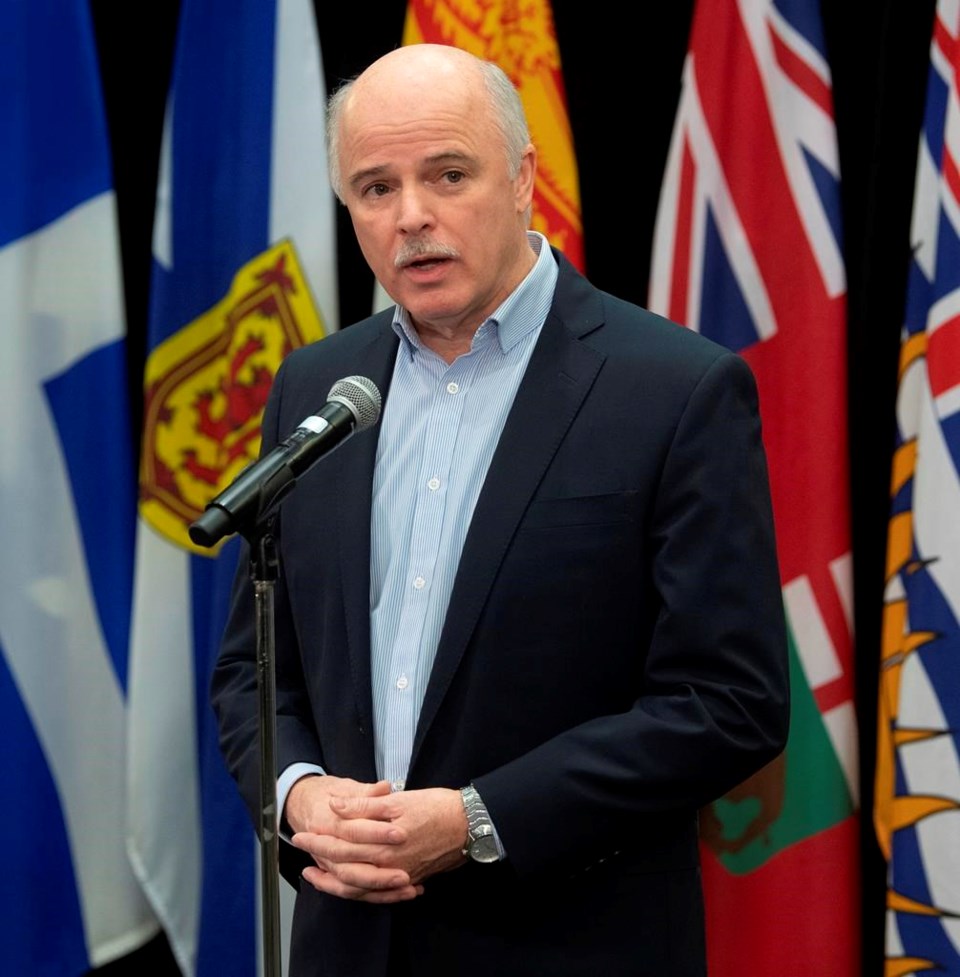ST. JOHN'S, N.L. — As Newfoundland and Labrador scrambles to attract doctors, the provincial government has proposed legislative changes that would give its health minister a say in the licensing process for out-of-province physicians.
But the Newfoundland and Labrador Medical Association says the move would compromise the profession’s basic tenet of self-regulation.
Robert Thompson, the association's executive director, said Tuesday the move would make Newfoundland and Labrador unique in the country, as no other province allows its government such power.
"It's creating a substitute rule-making process for what already is a well-conceived and appropriate professional self-regulation entity," Thompson said in an interview.
The association representing the province's doctors says it was not consulted about any of the proposed changes.
Like many provinces, Newfoundland and Labrador is desperate for doctors. Shortages have forced intermittent closures of rural emergency rooms throughout the summer and fall. The latest polling by the medical association shows almost a quarter of the approximately 525,000 people in the province are without a family physician.
In an effort to fill the gaps, the government announced last week it was proposing several changes to the province's Medical Act. One would empower the health minister to determine what qualifications were needed and which jurisdictions and schools would be accepted for an out-of-province doctor to be granted provisional registration by the College of Physicians and Surgeons of Newfoundland and Labrador.
According to a news release Thursday, the minister would make the determinations in consultation with an advisory committee of two doctors, one government official and two members of the college of physicians.
Doctors with provisional licences must have oversight from an approved supervisor, and work toward full licensure under an approved plan and timeline, according to the college's website.
In a letter sent Sunday to Health Minister Tom Osborne, the medical association said the move amounted to overreach.
"Even though the college will ultimately issue provisional licences, it will not be the body that has decided on the medical school, jurisdiction or qualifications that the applicant must meet," the letter said.
"While our members share frustration about 'red tape' in the licensing process ... our concern is that the new authority exceeds what is necessary to address the problem."
Osborne defended the changes Tuesday, saying the doctor shortage created "unprecedented times" for the province. "We need physicians," he told reporters, adding that they will still be regulated and licensed by the college of physicians and surgeons.Â
The college, meanwhile, says it looks forward to working with the government.
"We are pleased that the minister of health has asked us to sit on his advisory committee and we will be active contributors," the college said in a news release Friday. "We are examining our licensing processes and commit to work as expediently as we can to license qualified doctors, while ensuring safety and the necessary skill levels of applicants."
In a statement emailed Tuesday, Canadian Medical Association president Dr. Alika Lafontaine said the proposed changes are a sign of how "desperate" Newfoundland and Labrador’s physician shortage has become. He noted it is a challenge faced by all provinces and territories.
"The urgency to act must be balanced with the importance of ensuring high quality, culturally safe, standards of care, which can also be achieved through increased investment in physician self-regulation," Lafontaine said.
This report by The Canadian Press was first published Oct. 18, 2022.
The Canadian Press




